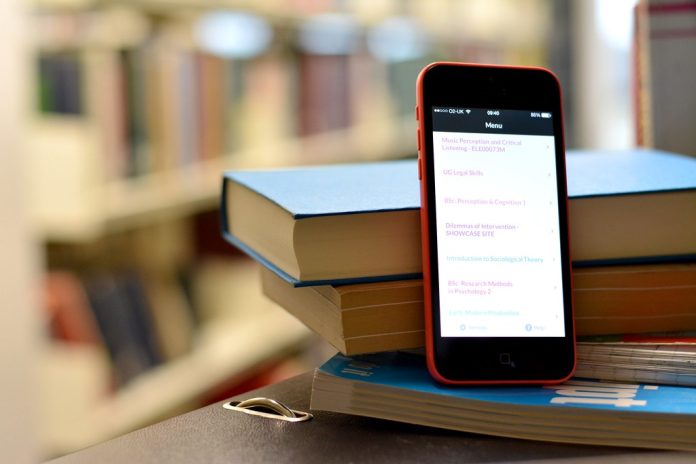Mobile learning is quickly becoming an important part of the education landscape for students. It has a wide variety of benefits for students, including improved student engagement, increased access to information and resources, and improved learning outcomes.
One of the most significant advantages of mobile learning for students is that it allows them to access information and resources anywhere they are. This can be especially useful for students who have difficulty attending traditional classes or who live in areas with limited availability of high-quality educational resources. In addition, mobile learning can help students stay up-to-date on their coursework by providing them with immediate feedback on their progress.
Despite these advantages, there are some potential drawbacks to mobile learning as well. One issue is that some students may find it difficult to engage with mobile devices in a way that is conducive to learning.
Here are some tips for students who are learning on a mobile device:
Use your device’s settings to optimize your learning experience: Most mobile devices have settings that allow you to customize your device for better focus and productivity. For example, you can enable “Do Not Disturb” mode to block notifications, or use the “Low Power Mode” to extend your device’s battery life.
- Make sure you have plenty of light
- It’s hard enough trying to focus with poor lighting, and when you’re using a small screen it’s even harder.
- Use the zoom function. Many smartphones and tablets come with zoom capabilities, so if you need to enlarge something for better reading or comprehension, use that feature.
- Find an app that works best for you. There are lots of different apps available for studying, so find one that suits your needs and start using it! 4. Set boundaries and time limits.
Use apps to stay organized:
There are many apps available that can help you stay organized and on top of your coursework. Consider using a task manager or note-taking app to keep track of assignments and deadlines.
Keep your device charged:
Make sure you have a charger on hand or invest in a portable charger, so you can keep your device charged and ready to use when you need it.
Use headphones or earbuds to minimize distractions:
If you’re studying in a public place or in a shared space, using headphones or ear buds can help you focus by blocking out background noise.
Find a comfortable and stable place to work:
Make sure you have a comfortable and stable place to work, whether it’s a desk or a table, to help reduce strain on your neck and shoulders.
Take breaks:
It’s important to take breaks and give your eyes and brain a rest, especially when you’re using a small screen for long periods of time. Consider setting a timer to remind yourself to take breaks and step away from your device.
Stay connected:
Don’t be afraid to reach out to your instructor or classmates for help if you’re struggling with a concept or assignment. Many online courses offer resources like discussion forums or office hours where you can get assistance.
Use Online Apps:
Hire a professional write my essay service if you have some work pending. If you are looking to pay to do my essay service then these writers will help you 24/7 and provide you assistance on your work.
Apart from this, if you are interested to know more about WHAT IS WEBSITE MAINTENANCE? then visit our Tech category.











